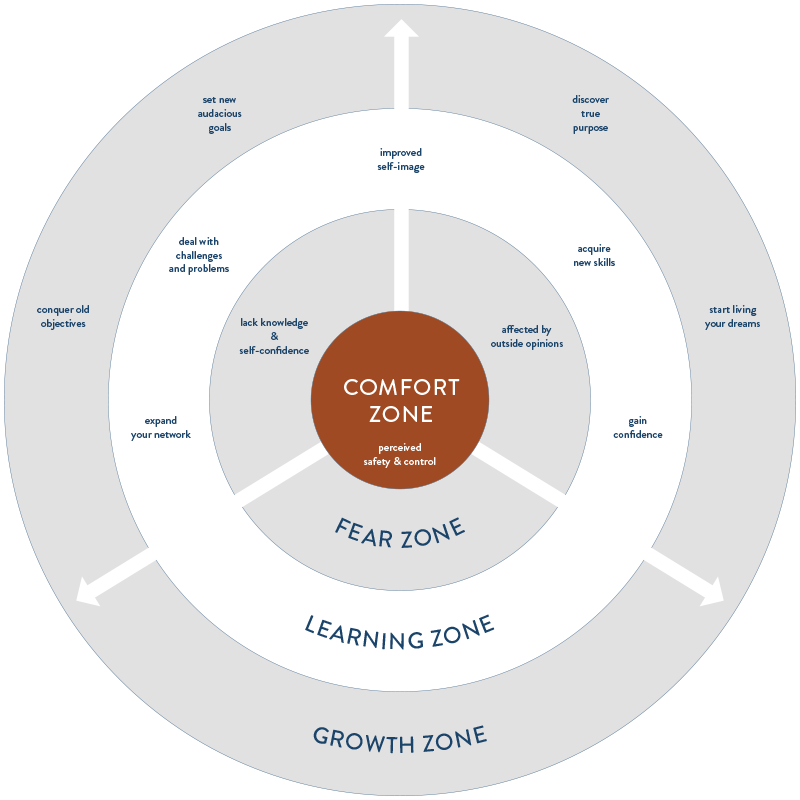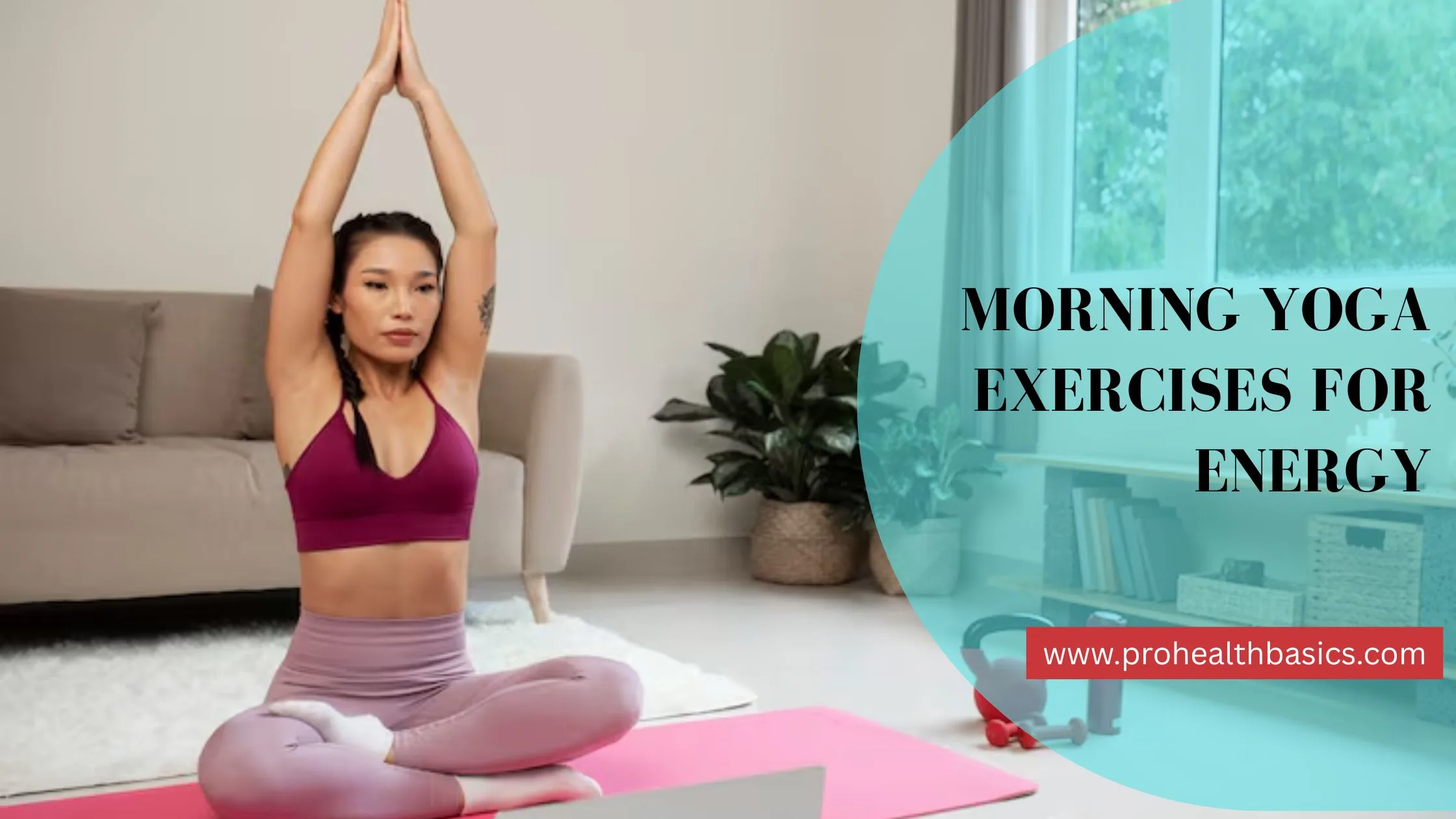Solace and development are like oil and water: They don't go together. You've likely heard some cycle of this previously. Scholar Friedrich Nietzsche broadly accepted that solace pounds inventiveness and advances similarity. Indeed, even current self improvement business visionary Tony Robbins remarks on this conundrum of life, stating, "a lot of sureness, and we will not satisfy our requirement for development and new encounters. Yet, an excessive amount of vulnerability can prompt nervousness and absence of efficiency.
When you read the words comfort zone, what comes to mind? You might think of the way people tell us to leave them; you might wonder if you’re in one right now. A repletion zone might not be a place at all; it could be a feeling or a moment in time. It could plane be a way of doing things you’re well-appointed with, a routine or rhythm.
Every year virtually this time, the idea of repletion zones pops into my head. I reflect on my own, but I moreover think well-nigh the idea itself. Why is it so important that we go out of our repletion zones, and why do we talk well-nigh it all the time?
As with many of the terms I talk well-nigh on this blog, I like to start with a definition. According to the Cambridge Dictionary, a repletion zone is specified as.
Why (Some) Discomfort Is Actually Good for Us

One explanation it's essential to embrace some vulnerability and uneasiness is that the genuine enchantment of life regularly occurs beyond our usual ranges of familiarity. In 1907, clinicians Robert M. Yerkes and John D. Dodson concentrated on the connection among stress and execution. Presently called Yerkes-Dodson Regulation, this hypothesis assists us with understanding how a specific measure of uneasiness and smidgen of stress really help us.
Envision a ringer formed bend on a chart. On the Y-hub or vertical line on the left, you have execution (with the least level/most exceedingly terrible execution at the base). The X-hub or even line addresses feelings of anxiety (the least measure of weight on the left and most noteworthy measure of weight on the right). At first, low nervousness or tension equivalents horrible showing. This is the way you feel when you're exhausted or separated you're progressing automatically.
Why We Like to Stay Within Your Comfort Zone

Assuming we know it's great as far as we're concerned to feel a degree of distress to develop and improve, for what reason is it so difficult for some individuals to step beyond their usual range of familiarity? Pninit Russo-Netzer, PhD, a scientist and Pioneer behind the Scholarly Preparation Program for Logotherapy at Tel-Aviv College in Israel, makes sense of that developmentally, individuals are unequivocally persuaded to feel equipped and in charge, and they favor clearness and consistency over vagueness and vulnerability. Attempting things outside our usual range of familiarity can feel compromising, particularly assuming those things challenge our need to feel capable or in charge.
This could make sense of why making a little stride beyond our usual range of familiarity, for example, attempting food we've never had, appears to be more feasible than moving to another nation where we don't communicate in the language or know anybody. Both are flighty, disliking another food probably won't challenge our capability or feel all that undermining.
How to Get Out of and Expand Your Comfort Zone

You can definitely relax; getting out of your usual range of familiarity doesn't need to include enormous changes that evacuate your life. Indeed, even little demonstrations can prompt expanded life fulfillment, Russo-Netzer affirms. However, digressing based on what's recognizable requires a touch of reflection and mindfulness.
The clinician Lev Vygotsky authored the expression "zone of proximal turn of events," recommending that each individual has their own remarkable scope of development likely in different parts of their life. (What you could battle alarming and awkward isn't anything by any means to another person as well as the other way around.)
An initial step to turning out to be more mindful of your novel scope of solace and learning zones is record everything you might want to attempt that are not quite the same as what you typically do. It very well may be attempting another exercise class or at long last figuring out how to play the guitar. Then, separate them into substantial activities, plan a particular time for one movement from the rundown, and record your experience.
When I think well-nigh how often I’m in my repletion zone, I have a nonflexible time coming up with a good answer. It’s possible (if not probable) that I’m in my repletion zone a majority of the time. It makes sense; people have their daily routines, and finding a rhythm in my daily life is important to me. For some people, the problem might not be that they’re stuck in their repletion zone; it could be that they can’t plane determine where that is.
Frequently Asked Questions!
What is your own understanding about comfort zone?
A safe place involves low-stress circumstances or where you feel calm or safe. Remaining inside your usual range of familiarity is engaging in light of the fact that it evades risk. While looking for new encounters might be really difficult, it additionally considers the accompanying: New encounters.
How does a comfort zone impact you?
Stagnation: When you stay inside your usual range of familiarity, you are probably going to rehash natural assignments and schedules. This dullness can prompt weariness and a feeling of stagnation, as you are not presenting yourself to new encounters or difficulties. Restricted learning: Development and learning happen beyond your usual range of familiarity.
Can you be successful in your comfort zone?
Your usual range of familiarity might be warm and comfortable, yet it hinders development. It is protected however stale to Remain inside that climate. To make progress, you really want to step beyond it, and continue onward. All things considered, "a boat in a harbor is protected, however that is not the thing a boat is worked for", nor are you.
Can you learn in your comfort zone?
To advance effectively we should push past our usual ranges of familiarity, yet not up until this point that we become terrified or focused. In the event that this occurs, learning will probably fizzle.







